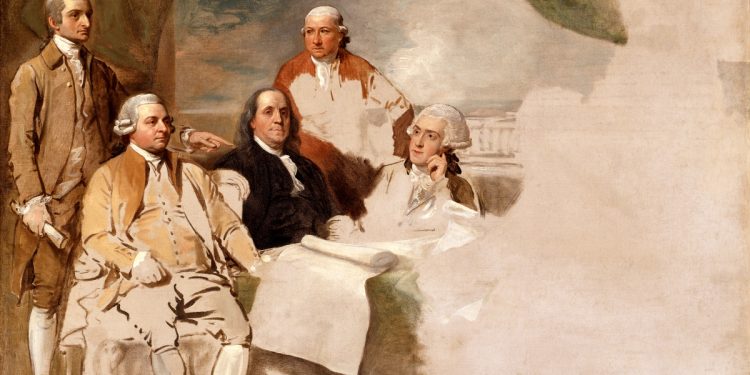Ratification Day, observed annually on January 14th, commemorates the ratification of the Treaty of Paris on January 14, 1784, by the Continental Congress. This act formally ended the American Revolutionary War and established the United States as an independent nation. While the day is primarily a national observance, its significance extends across the country, including Texas, as a moment to reflect on the ideals of freedom and self-determination.
Origins of Ratification Day
The Treaty of Paris was signed on September 3, 1783, by representatives of the United States and Great Britain. However, it required formal ratification by the governing bodies of both nations to take effect. On January 14, 1784, the Continental Congress, meeting in Annapolis, Maryland, voted to ratify the treaty.
This action:
- Officially ended hostilities between the United States and Britain.
- Established the United States’ boundaries, including significant territorial gains.
- Recognized the United States as a sovereign and independent nation.
Ratification Day represents the culmination of the struggle for independence and the birth of a nation built on democratic principles.
Significance to Texas
Though Texas was not part of the United States in 1784 (it was under Spanish rule at the time), Ratification Day resonates deeply with Texans for several reasons:
- Shared Ideals of Freedom:
The values of independence and self-governance that the Treaty of Paris solidified were the same principles that inspired Texans during the Texas Revolution in 1836. Texans often draw parallels between their fight for independence from Mexico and the American colonies’ struggle against Britain. - Territorial Legacy:
The boundaries established by the Treaty of Paris laid the foundation for westward expansion, which eventually led to Texas becoming part of the United States in 1845. - Cultural Heritage:
Ratification Day serves as a reminder of the enduring spirit of liberty and the sacrifices made to achieve it—a theme that resonates strongly in Texas’ cultural identity. - Education and Reflection:
Texans use the day to educate younger generations about the broader historical context of the United States and Texas’ role in its development, fostering a sense of pride and connection to the nation’s history.
Modern Celebrations in Texas
While Ratification Day is not a widely celebrated holiday in Texas, it is often observed by:
- Educational Institutions: Schools and universities may host history lessons or lectures focused on the Treaty of Paris and its implications.
- Historical Societies: Events and exhibits are organized to explore the connections between national and Texan history.
- Community Gatherings: Some communities mark the day with public readings of the Treaty of Paris or reenactments to highlight the importance of the event.
Ratification Day serves as a bridge between national history and Texan pride, emphasizing the shared legacy of independence and perseverance. It reminds Texans and all Americans of the sacrifices made to secure liberty and the ongoing responsibility to uphold those ideals.






